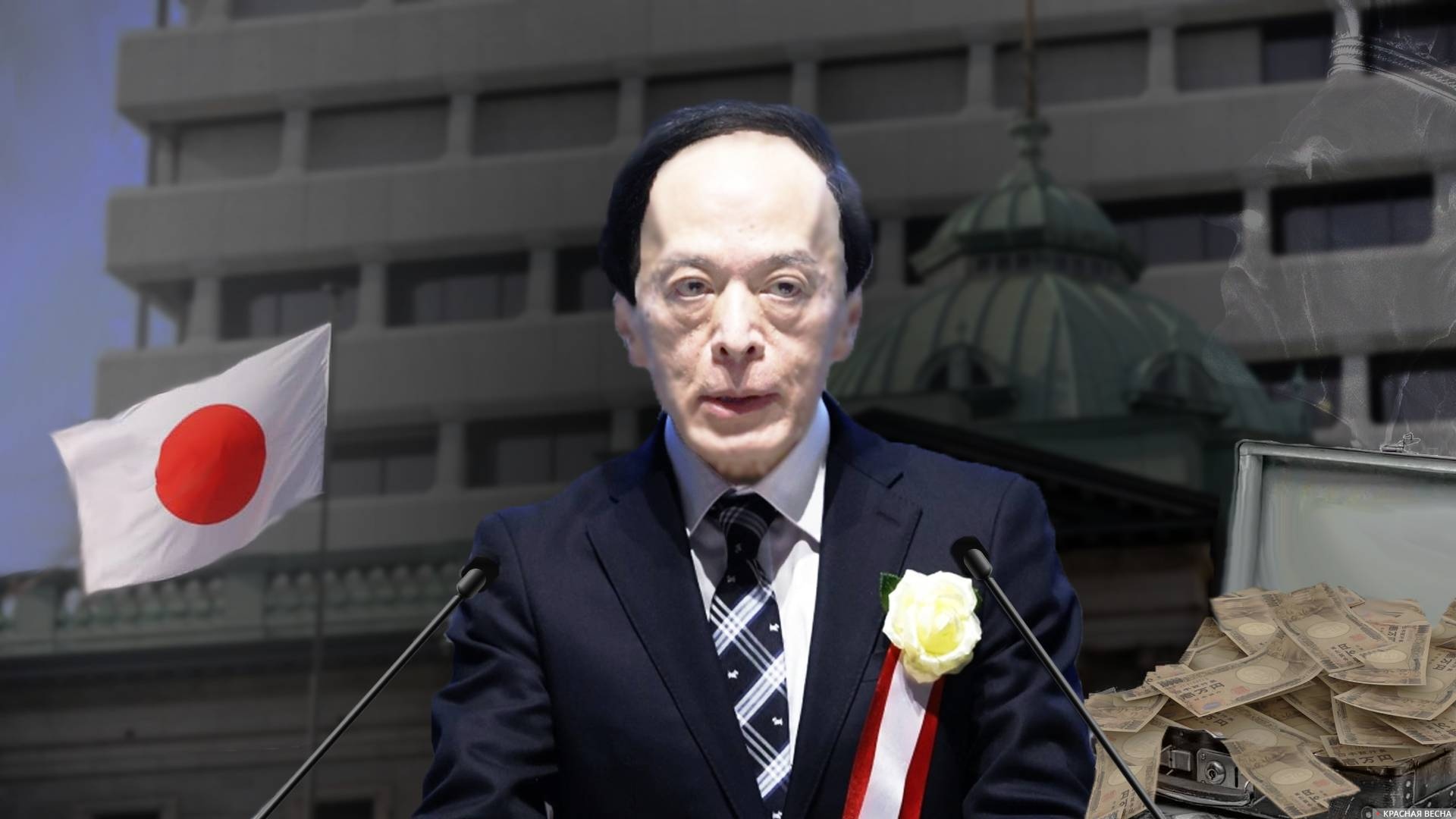
The Bank of Japan’s expected loss on government bonds rose to a record 9.43 trillion yen (5.35 trillion rubles) at the end of fiscal 2023, business agency Kyodo News reported on May 29.
The mounting losses were fueled by rising yields as the central bank gradually moved away from unorthodox monetary easing.
Aggressive purchases of bonds and other assets have become a key element of the Bank of Japan’s monetary policy to help Japan end its battle against deflation. Meanwhile, higher stock prices caused the bank’s unrealized gains from price-linked exchange-traded funds to double from a year earlier to a record 37.31 trillion yen.
In March, the Bank of Japan carried out its first interest rate hike in 17 years amid growing confidence in achieving its 2% inflation target. It also ended its program to keep borrowing costs extremely low through aggressive purchases of bonds and ETFs (public investment funds).
The Bank of Japan’s total assets rose to an all-time high of 756.42 trillion yen, up from 735.12 trillion yen at the end of fiscal 2022, remnants of strong monetary easing led by Haruhiko Kuroda, the bank’s former governor. .
The total amount was much larger than the size of the Japanese economy, which in nominal terms barely exceeded 600 trillion yen. The Bank of Japan’s bloated balance sheet could become a problem when it normalizes its monetary policy.
Even before March’s dramatic policy change, the Bank of Japan had gradually loosened its grip on long-term yields, allowing them to rise above the previous ceiling of 1.0 percent. Because bond yields fluctuate inversely with prices, higher yields reduce the value of the Bank of Japan’s assets.
Unrealized losses increased from 157.1 billion yen a year earlier. The bank’s total bonds were valued at 580.23 trillion yen, compared with the book value of 589.66 trillion yen.
The Bank of Japan insists on holding bonds to maturity, meaning an unrealized loss won’t immediately affect your finances.
Although the yield cap program has ended, the Bank of Japan is buying government bonds to prevent a rise in yields, paying close attention to when it will reduce its purchases.
The benchmark 10-year yield has risen sharply in recent days to its highest level in more than a decade, partly on expectations of more rate hikes in the near future.
The ETF’s market value was 74.50 trillion yen, above its book value of 37.19 trillion yen, helped by rising Japanese stock prices. By the end of March, the benchmark Nikkei index was up 44 percent from a year earlier.
Source: Rossa Primavera
I am Michael Melvin, an experienced news writer with a passion for uncovering stories and bringing them to the public. I have been working in the news industry for over five years now, and my work has been published on multiple websites. As an author at 24 News Reporters, I cover world section of current events stories that are both informative and captivating to read.
